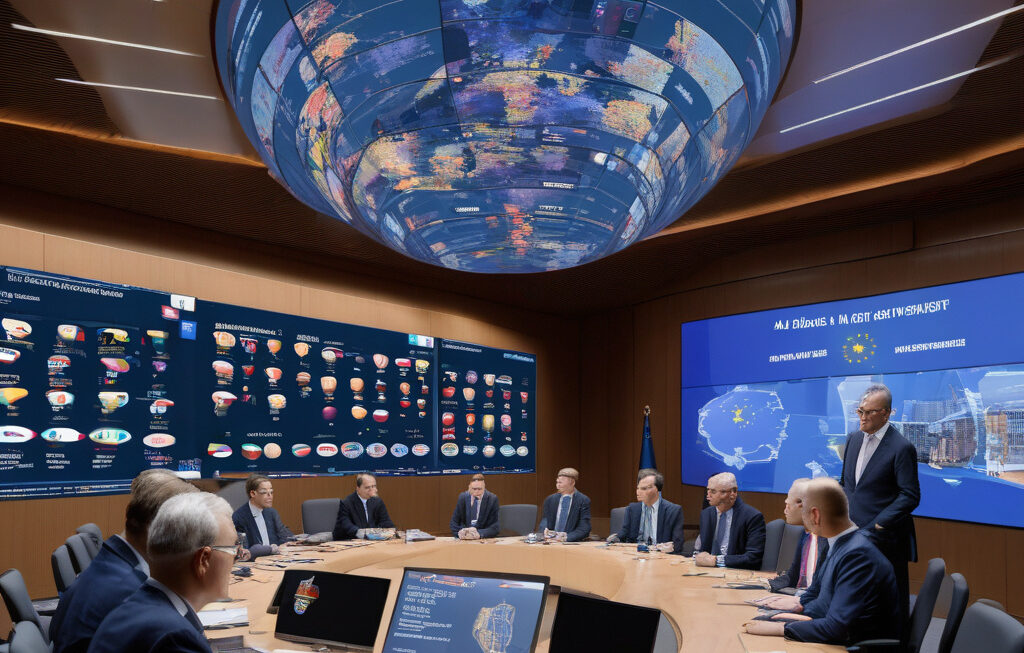“ChatGPT to Generate Adult Erotica from December as OpenAI Eases Content Limits”
OpenAI is preparing to loosen its content restrictions by December, allowing ChatGPT to generate adult erotica. This decision marks a significant shift in the capabilities of AI-powered language models and raises important questions about the ethical implications of such technology.
The move to enable ChatGPT to produce adult content comes as part of OpenAI’s ongoing efforts to explore the full range of possibilities offered by artificial intelligence. While the organization initially imposed strict limits on the type of content that AI models like ChatGPT could generate, citing concerns about potential misuse and harmful outcomes, it now seems poised to relax these restrictions in pursuit of greater flexibility and innovation.
However, the decision to allow ChatGPT to delve into adult erotica raises concerns about the potential consequences of unleashing such capabilities. Critics worry that AI-generated adult content could be used for malicious purposes, such as creating non-consensual deepfakes or engaging in exploitative practices. Moreover, there are broader societal implications to consider, including the impact on relationships, attitudes towards intimacy, and the normalization of potentially harmful behaviors.
Proponents of OpenAI’s decision argue that enabling ChatGPT to generate adult content reflects a more realistic and inclusive approach to AI development. By allowing the model to explore a wider range of topics and genres, researchers and developers can gain a better understanding of its capabilities and limitations. This, in turn, could lead to more robust and sophisticated AI systems in the future.
It is essential for OpenAI to establish clear guidelines and safeguards to prevent the misuse of AI-generated adult content. This includes implementing robust content moderation mechanisms, providing users with the ability to filter out sensitive material, and conducting regular audits to ensure compliance with ethical standards. Additionally, OpenAI must prioritize user privacy and consent, taking steps to protect individuals from potential harm or exploitation.
As AI technology continues to evolve at a rapid pace, it is crucial for developers, policymakers, and society at large to engage in ongoing discussions about the responsible use of AI-generated content. By addressing the ethical, legal, and social implications of technologies like ChatGPT, we can work towards harnessing the full potential of AI while minimizing the risks and negative consequences.
In conclusion, OpenAI’s decision to allow ChatGPT to generate adult erotica from December represents a significant milestone in the development of AI-powered language models. While this move opens up new possibilities for innovation and creativity, it also raises complex ethical challenges that must be carefully considered and addressed. By approaching these issues with transparency, accountability, and a commitment to user well-being, we can navigate the evolving landscape of AI technology responsibly and ethically.
AI, OpenAI, ChatGPT, Ethics, Innovation











